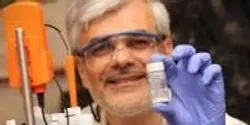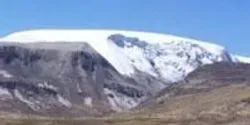environmental science

University of Idaho researchers will soon have a new tool for understanding the world at the molecular level, thanks to a grant from the MJ Murdock Charitable Trust and a major gift from a private donor.

A new provisionally patented technology from a New Mexico State University researcher could revolutionize carbon dioxide capture and have a significant impact on reducing pollution worldwide.

Using natural soil components to trap pollutants will allow producers to control soil contaminants and reuse draining water while protecting their agricultural crops, according to Mohamed Elsayed, a Fulbright Postdoctoral Scholar in the chemistry and biochemistry department.

A Missouri University of Science and Technology professor has shown that improving wastewater treatment and saving energy are not only essential, but they’re also compatible.

The first nationwide vulnerability assessment for ocean acidification, published today in Nature Climate Change, shows that coastal communities in 15 states that depend on the nation’s approximately $1 billion shelled-mollusk (e.g., oysters and clams) industry are at long-term economic risk from ocean acidification.

University of Michigan researchers today (Feb. 20) released a detailed draft analysis of policy options for hydraulic fracturing, the natural gas and oil extraction process commonly known as fracking.












